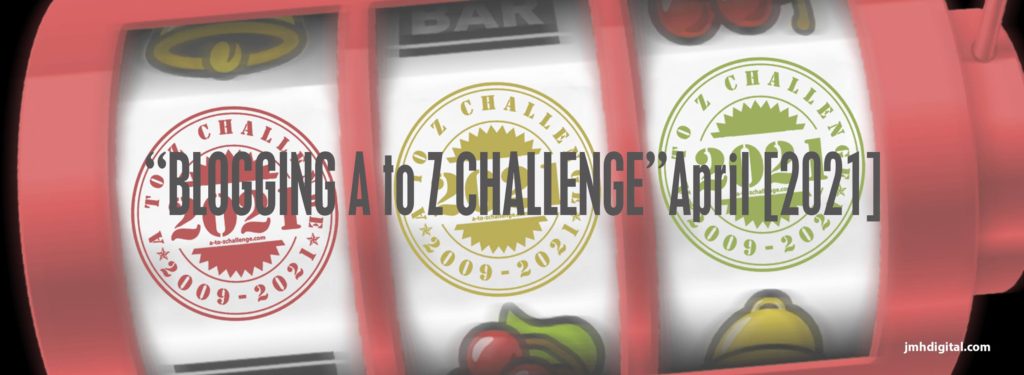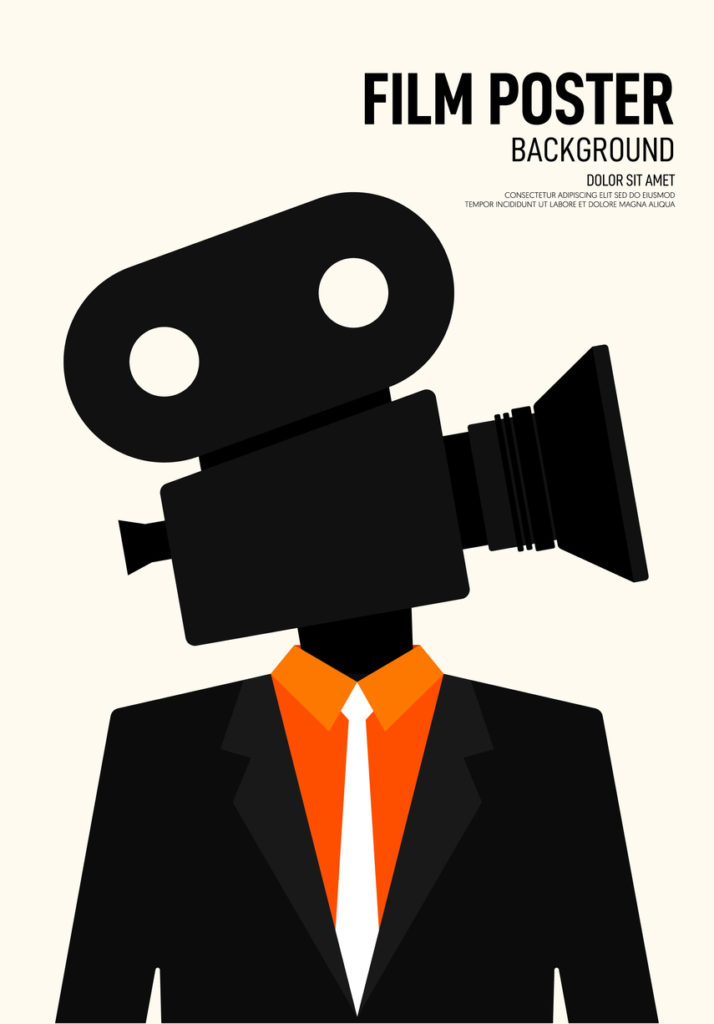
Two of my favorite future dystopic stories are Brave New World by Aldous Huxley and Blade Runner (aka Philip K. Dick’s Do Androids Dream of Electric Sheep). Each questions the human future in horrifying ways. One theme that binds them together is the seductive promise of technology, and the toll it takes on society.
Brave New World
In this future, human beings have eradicated pain but at the price of autonomy. Through genetic, psychological and pharmaceutical manipulation, the government controls the population, keeping them obedient, conformist and emotionally numb. The book asks a particularly hard question – is pain necessary to being human? Is it an integral component to making meaning in our lives? To lose cruelty, do we lose something essentially human. Its a scary thought, but one that our arts do take on for us. For those in main society, disease, poverty and pain have been eliminated but at the cost of art, intimacy (personal and physical), and freedom of expression. This is juxtaposed to the reservations where humans reproduce and produce art, but get ill, grow old and can be mean to each other.

Blade Runner
Since the book and the movie are actually quite different in many ways, I’m going to focus here on the film since I’ve seen it many times but only read the book once. Blade Runner also questions what it means to be human, especially in a world dependent on technology. This earth is dominated by the Tyrell Corporation. A corporation in charge is a common science fiction twist on dystopia when that corporation serves as shadow governments and rules everything with no oversight. In Blade Runner, the company makes replicants, androids who do all the hard and dangerous jobs humans can’t or won’t, but they lack emotions and have only a four year life span. An earlier replicant rebellion exiled them from earth, but some have snuck back, and are hunted down by blade runners.
It seems the replicants have developed feelings, and want more than four years, which makes them so very human, including their challenges processing those emotions. In the final battle between the blade runner and the replicant, it is the replicant who saves the blade runner, before he himself dies (by his programming). Its as if he has learned to value life in a way that humans have lost. Who is the more human?
In these two stories, we see how dystopias challenge us understand what it is to be human (and who is and is not included in that definition). Whatever definitions we decide upon, shape the society we live in.
Visit all the other bloggers participating on the A to Z Challenge.
Impeccable taste, both of these are up there as the best dystopian works ever written!
https://iainkellywriting.com/2021/04/02/the-state-trilogy-a-z-guide-b/
Thanks. They have, in many ways, influenced so many others.
Such a huge difference between the book and the movie (Blade Runner) — for me, it was a rare instance of seeing the movie first and later reading the book; normally it’s the opposite, but I’m actually really glad I went in that order.
I have Aldo Huxley’s “Crome Yellow” in my current TBR pile.
*Aldous
Autocorrect is my nemesis!
🙂
Yes, there is a difference between the book and movie, and I must admit to liking the movie better, even though I have immense respect for Philip K. Dick. I have yet to read Crome Yellow, and have it on my TBR pile.
Do humans need pain to tbe human? It is indeed an intersting questions.
I’m inclined to think that we do. If we don’t know pain or sorrow, how can enpathise?
But then, in a society were nodoby knows pain, is there any need for empathy?
That’s another question.
@JazzFeathers
The Old Shelter – The Great War
I think another way to ask the question is if we need a violent, angry side to survive, and the consequence of that is often pain.
While I do read a lot of dystopian works, I’ve only experienced Blade Runner as a movie. It happens to be favorite, and now knowing that the book is considerably different, I’m torn as to whether I want to read it. I’m curious about the differences, but loving the movie the way I do and having such a huge pile of TBRs already, I’m not sure I’m willing to devote the time right now. Bonus reason: after every A-to-Z challenge, I come away with tons of books added to my TBR list. Such a delicious problem.
I love Philip K. Dick as a writer, but I must admit, I liked the movie better than the book. The book pulls out more and interesting details of the world, but the movie drives the issues home more dramatically. After seeing the movie, not sure how many times, I read the book and found it disappointing. Thanks for dropping by.
I haven’t read/watched either, but they are both intriguing. I’ll have to consider them when my time frees up a bit!
Stopping by from A to Z!
– Jayden Vincente
Erotic fiction author
https://jrvincente.com/a-to-z-2021/